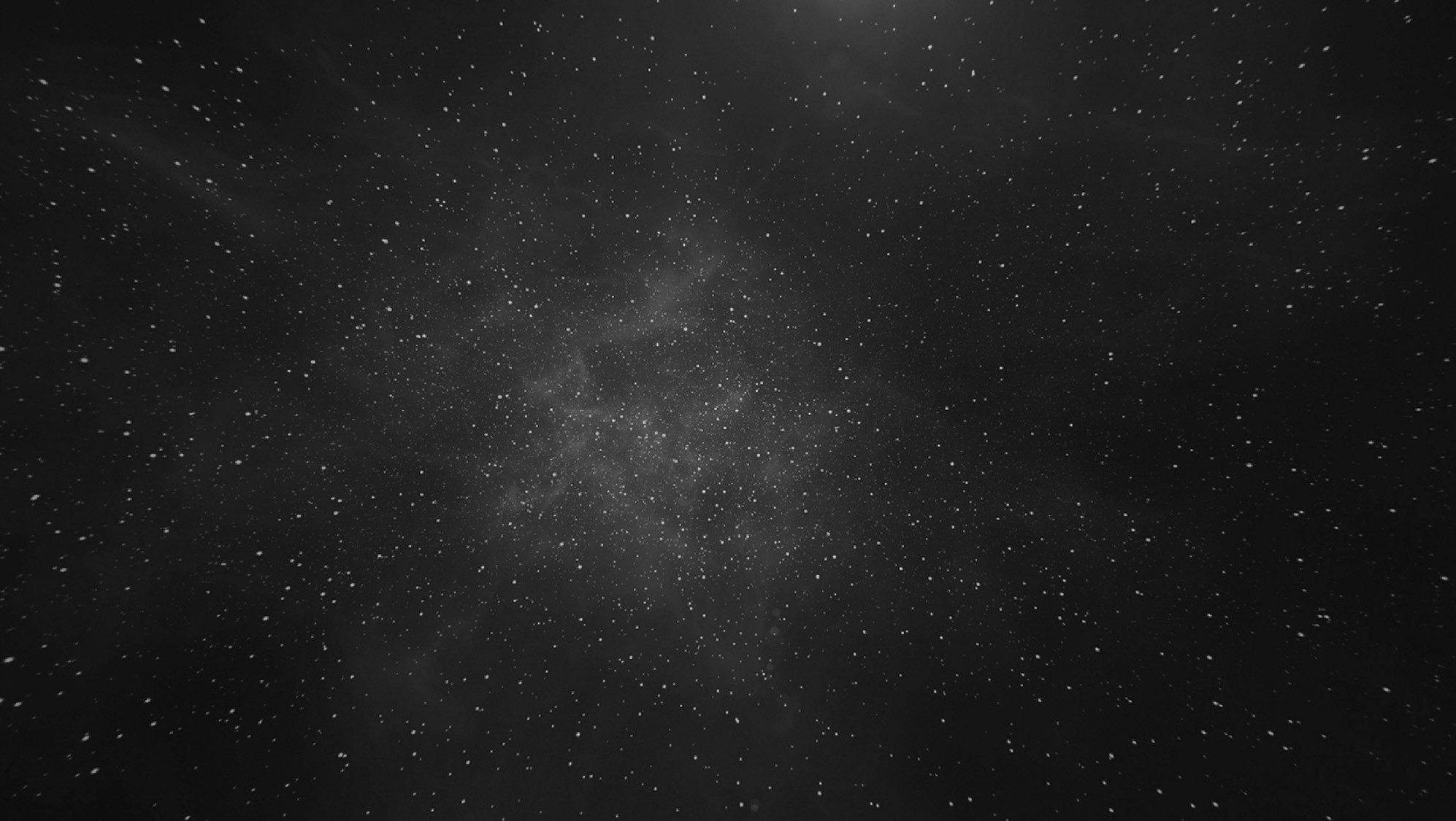Europe spotlights space weather hazards
ESA’s Space Situational Awareness programme is taking centre stage during the ninth European Space Weather Week, with experts showcasing a recently opened space weather service centre and highlighting European space weather research and development.
European Space Weather Week, 5-9 November 2012, is the largest annual European space-weather conference and brings together scientists, engineers, industry and policy-makers in Brussels, Belgium to discuss the latest advances in the crucial topic of solar effects on Earth.
It’s a fitting venue for ESA to showcase recent developments in the space weather activities of the Agency’s Space Situational Awareness (SSA) programme.
Space weather refers to the environmental conditions in Earth’s magnetosphere, ionosphere and thermosphere due to the Sun, and the solar wind that can affect spaceborne and ground-based systems and services.
As part of SSA, the Agency’s space weather specialists are focusing on developing warning services to help protect satellites and ground infrastructure. These services will enable end-users in a wide range of economically vital sectors – like gas/oil drilling, banking and navigation – to mitigate the effects on their systems, reducing costs and improving safety and reliability.
Space weather warning services
This year’s meeting provides the first opportunity to showcase ESA’s new ‘precursor’ space-weather service network and the Service Coordination Centre recently established at the Space Pole in Brussels.
“The centre is now offering an initial set of limited services using European space weather sensors on the ground and in orbit,” says Juha-Pekka Luntama, Head of Space Weather at the SSA programme office.
“These provide near-realtime updates on plasma, magnetic fields, radiation, particle flows and other physical happenings in space, and we intend to expand the range of services provided in the coming years.”
The centre provides daily support to customers accessing the precursor services and is operated under contract to ESA by a consortium led by the Belgian Institute for Space Aeronomy and the Royal Observatory Belgium.
Serving scientists, industry and policy-makers

The week includes a focus on the effects of space weather on satellite operations, incorporating presentations from satellite operators describing current practise and the scientific community presenting latest results.
Our Sun is more active now than it has been for the past four years. Increasingly, energetic particles and radiation are being ejected toward Earth, posing significant hazards for our space and ground infrastructure.
According to current predictions, in mid-2013, the Sun will go through its most active phase in the current solar cycle.















 Germany
Germany
 Austria
Austria
 Belgium
Belgium
 Denmark
Denmark
 Spain
Spain
 Estonia
Estonia
 Finland
Finland
 France
France
 Greece
Greece
 Hungary
Hungary
 Ireland
Ireland
 Italy
Italy
 Luxembourg
Luxembourg
 Norway
Norway
 The Netherlands
The Netherlands
 Poland
Poland
 Portugal
Portugal
 Czechia
Czechia
 Romania
Romania
 United Kingdom
United Kingdom
 Slovenia
Slovenia
 Sweden
Sweden
 Switzerland
Switzerland




























